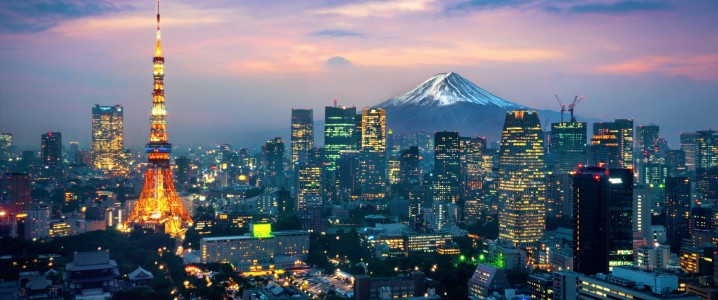Tokyo Gas, the biggest city gas supplier in Japan, doesn’t import LNG from Middle Eastern exporters so its supply of the super-chilled fuel is not being directly impacted by the Israel-Iran conflict, a top executive said on Wednesday.
Japan is the world’s second-biggest LNG importer after China.
Fears have mounted on the energy markets that the escalating hostilities between Israel and Iran could lead to disruption of oil and gas supply in case of direct hits on export infrastructure or a blockade of the vital shipping lane the Strait of Hormuz.
“Since we don’t import LNG from Qatar or UAE, our LNG procurement is not directly affected at this time,” Nobuhiro Sugesawa, senior managing executive officer at Tokyo Gas, told Reuters on the sidelines of an energy conference in Japan.
Still, the Japanese company – whose exports come mostly from Australia, Malaysia, and Russia – is closely monitoring the situation in the Middle East because LNG prices could spike in case of a supply disruption due to the conflict.
Exports from Qatar – the world’s second-largest LNG exporter after the United States – are most at risk of a supply disruption. Around one-fifth of global liquefied natural gas trade transited the Strait of Hormuz in 2024, primarily from Qatar, the U.S. Energy Information Administration says.
The EIA estimates that 84% of the crude oil and condensate and 83% of the liquefied natural gas that moved through the Strait of Hormuz went to Asian markets last year.
Qatar has already asked LNG vessels to exercise caution and wait outside the narrow Strait of Hormuz until they are ready to load LNG, a source familiar with the advisory told Bloomberg earlier this week.
The precaution advises ships to avoid the Gulf until a day before loading, but it is unlikely to delay shipments from Qatar to international markets, according to Bloomberg’s source.
By Tsvetana Paraskova for Oilprice.com
More Top Reads From Oilprice.com

